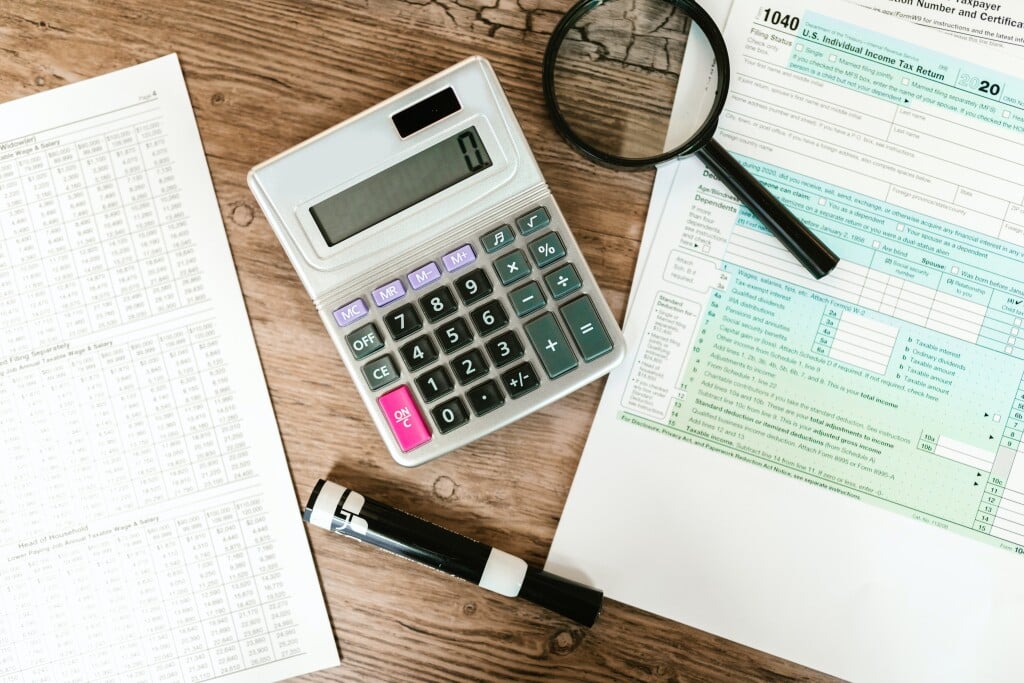If you’re self-employed or run a small business, getting a mortgage can feel frustrating—especially when tax write-offs lower your reported income. That’s where a bank statement loan comes in. Instead of relying on W-2s or tax returns, this loan type lets lenders verify your income using your actual bank deposits.
At Best Interest Financial, we help entrepreneurs, freelancers, and 1099 earners navigate this process with clarity—and options.
What Is a Bank Statement Loan?
A bank statement loan is a type of mortgage that uses 12 to 24 months of bank statements to determine your qualifying income. It’s designed for borrowers who don’t fit neatly into the boxes of traditional income verification.
Rather than looking at your tax-adjusted net income, lenders look at your real monthly deposits—offering a more accurate view of what you actually earn.
This is ideal for:
- Self-employed professionals
- Business owners with write-offs
- Freelancers and gig workers
- Contractors or consultants
- Real estate investors with multiple income sources
You can use this loan to buy a primary home, a second home, or even an investment property.
Explore our full range of loan programs to see which option fits your goals.
How Do These Loans Work?
Here’s what you’ll typically need:
- 12 or 24 months of personal or business bank statements
- A reasonable credit score (usually 620 or higher)
- A down payment of 10%–20% depending on credit and loan size
- Proof that your income is consistent and recurring
Instead of automatic approval algorithms, bank statement loans are manually underwritten—meaning real people review your application. That makes these loans flexible, but also document-heavy. You’ll need to show that your business is active and stable.
Why Choose a Bank Statement Loan?
For many self-employed borrowers, this is the only way to qualify for a mortgage without restructuring how they file taxes.
Here’s what stands out:
- You don’t need to submit tax returns
- You can use personal or business accounts
- You qualify based on gross deposits—not net income after deductions
- You can use it to purchase or refinance
It’s one of the most flexible options for high-cash-flow borrowers who take legal tax deductions.
What Should You Watch Out For?
Bank statement loans offer flexibility, but it’s important to understand the trade-offs:
- Interest rates may be slightly higher than conventional loans
- There may be reserve requirements (cash savings)
- Down payments are usually higher than FHA or conforming loans
- Manual underwriting takes more time and documentation
We always compare this side-by-side with other options to help you make the most cost-effective decision.
Want a broader look at how these loans work? This helpful Bankrate guide explains bank statement loan requirements and benefits in detail.
Let’s See If This Loan Works for You
If you’ve been turned away by a big bank or felt discouraged by automated approvals, this might be the loan that gets you across the finish line.
We work directly with self-employed buyers every day—whether you run a business, freelance full-time, or work in a commission-based role. If your income is real but hard to document on paper, we’ll help you prove it.
Apply now or contact us to learn more about bank statement loans and see if they’re the right fit for your next home purchase or refinance.

